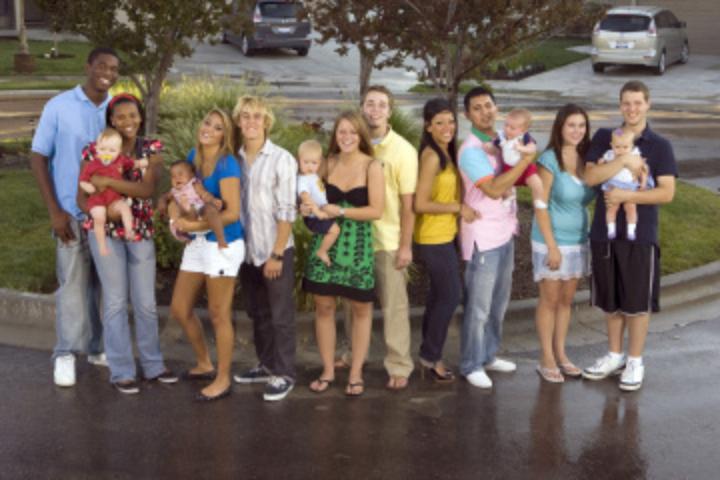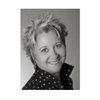Dr. Drew Says Don't Throw "Baby Borrowers" Out with the Bath Water

He’s one of its biggest stars at the moment, but reality TV is not Dr. Drew Pinsky’s favorite form of the medium. “I hate it, except for the shows that do good,” he says.
The Baby Borrowers,says Pinsky, is a show that did some good. He joins NBC Today Show co-host Hoda Kotb for a Baby Borrowers Lessons Learnedspecial airing Wednesday, Aug. 6, at 9 p.m ET/8C. To prepare, Pinsky interviewed the show’s creator, Richard McKerrow, on Dr. Drew Live, the daytime syndicated radio talk and call-in show Pinsky hosts in Los Angeles.
After two successful seasons on TV in England, Baby Borrowers got an American version with the same format: Put teenage couples in suburban homes and watch them “parent” other people’s babies, toddlers, young children, teenagers and senior-aged parents or grandparents. Each week’s episode chronicled the breakdowns and meltdowns of the caregivers and their charges as the tasks overwhelmed the young surrogate parents.
It made for compelling reality TV, but the series was heavily criticized by media critics and by the American Psychiatric Association, which issued a statement denouncing it as an uncontrolled experiment.
“They shot from the hip,” Pinsky says of the APA’s complaint about the show. “They didn’t investigate what the production had done with safeguards.”
Plenty of those were in place, said McKerrow, to make sure the children didn’t suffer negligence or mistreatment. “All of the teen couples and parents [of the borrowed babies] were given psychological screening,” said McKerrow. “All of the babies were over 6 months old and had experienced separation from their parents before.”
There were also round-the-clock nannies stationed in each couple’s home, watching from a distance and ready to jump if help was needed, said McKerrow. The kids’ real parents were across the street, viewing the teens’ parenting skills on closed-circuit feeds. They were free to intervene anytime they saw something going awry, which they often did in scenes that were shown on the air.
“What’s exciting about Baby Borrowers and its success is it’s trying to contribute to the psychological health of the nation,” said McKerrow. “Finally, we have a reality show that isn’t just about eliminations and winning money, but one that promotes good parenting.”
On the follow-up special, which was taped Aug. 2 in New York City, Pinsky and Kotb lead a discussion of the series and its outcomes with participants and others. All of the young couples had gone into the show thinking of marrying and having babies as soon as possible. But in the epilogue to the last episode, it was revealed that each couple had broken up after Baby Borrowers and most had headed to college or career training instead of to the altar.
“I liked The Baby Borrowers. Like the shows we try to do [Celebrity Rehab and the new Sober Living series, both on VH1], it’s not just a reality show. It shows reality,” said Pinsky to his radio audience. “As long as we’re open to a healthy, open-minded debate about these things, it can only move things forward.”


